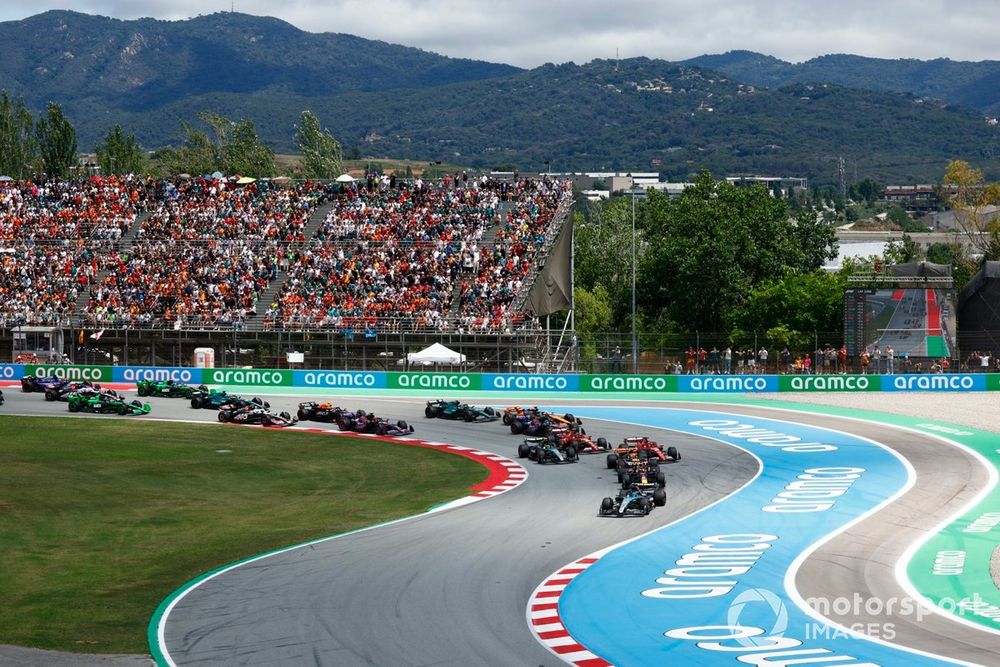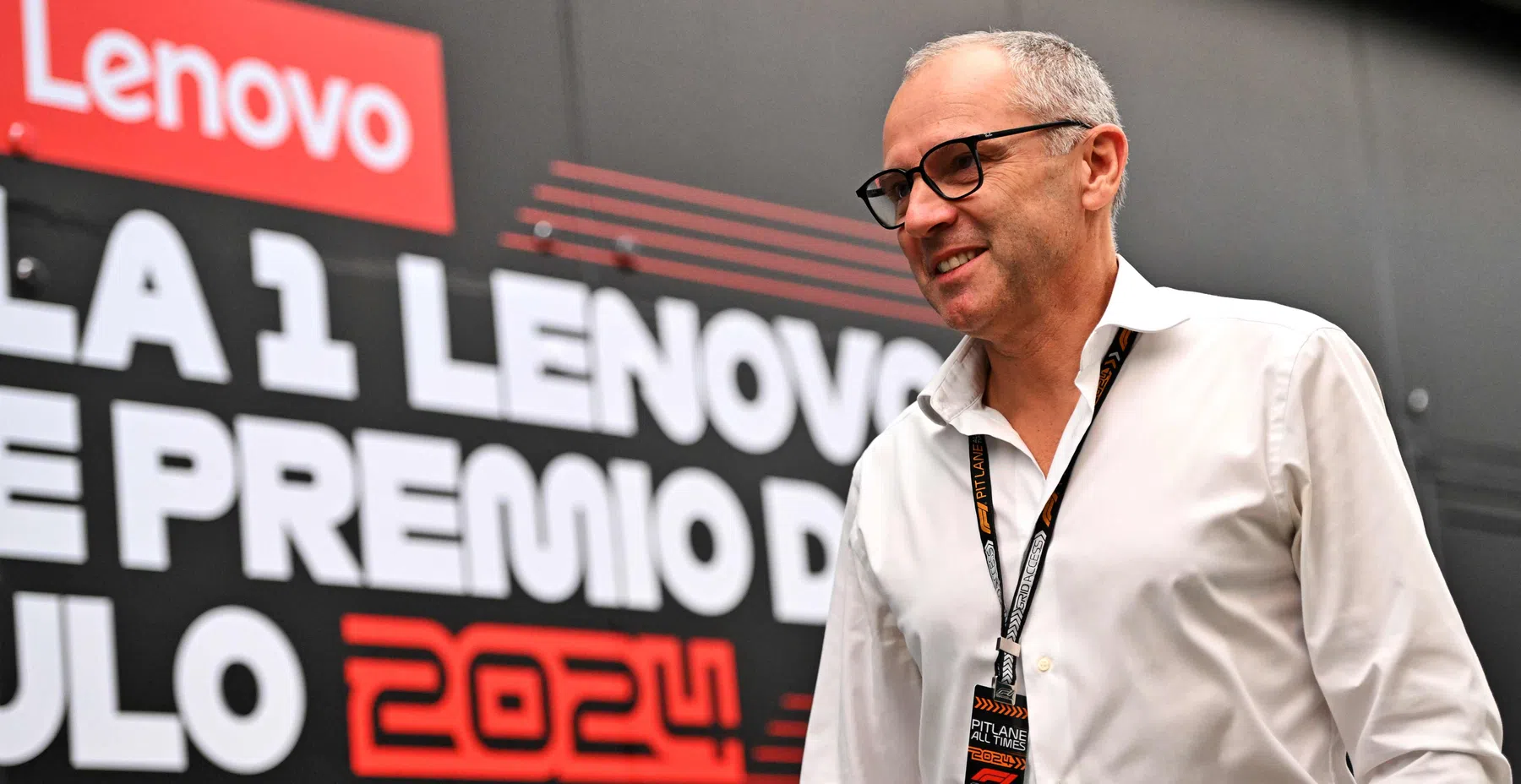Formula 1 CEO Stefano Domenicali has announced that a decision on rotating certain Grand Prix locations will be revealed “very, very soon.” This consideration comes amid growing demand from countries eager to host F1 races, while the sport aims to keep the calendar at 24 races per season. This rotational approach is especially being considered for European circuits, with several venues potentially shifting to a bi-annual hosting schedule. With high interest from new and returning markets worldwide, Formula 1 aims to accommodate this demand without significantly increasing the season’s length.
Currently, five major European circuits—Monaco, Monza, Spa-Francorchamps, Zandvoort, and Imola—face contract renewals by 2025 and are expected to seek extensions to continue hosting races. Additionally, venues like Barcelona and Baku have deals ending in 2026, which leaves their status open to potential changes in line with rotation strategies. With Madrid set to join the F1 calendar in 2026 on a 10-year deal, Formula 1 is seeing more venues expressing interest, such as Argentina, which could be motivated by rising interest in local talent like Franco Colapinto. Domenicali suggests that rotation could be a way to balance retaining traditional tracks while also allowing new countries to enter the sport.

In an investor call, Domenicali elaborated that the forthcoming rotation plans are aimed at supporting both the financial stability of F1 and expanding its presence in promising markets. He emphasized that demand for new F1 venues remains high, but choices must balance economic benefits with long-term strategic growth. He hinted at a balanced decision-making approach that doesn’t prioritize short-term profits over sustainable market potential, highlighting F1’s goal to broaden its reach through strategic venue selection.
Many races currently have contracts that extend into the 2030s, particularly for newer entrants like Madrid, which adds a degree of stability to the schedule. However, the ongoing Concorde Agreement allows a maximum of 25 races, and while there’s room for one more race, Domenicali believes that 24 is the ideal balance. He acknowledged that travel demands on teams and drivers have been intense, and the current setup strikes a workable balance between satisfying global demand and respecting logistical limits. The rotation system could thus help maintain this balance by sharing hosting responsibilities among established and new circuits.
Finally, Africa has shown interest in rejoining the F1 calendar, with Rwanda and South Africa emerging as potential hosts. Kyalami in South Africa is undergoing assessments to meet FIA Grade 1 standards, necessary for hosting F1 races, though upgrades are required. The interest from Africa underscores F1’s ambition to diversify geographically while maintaining its strategic approach to calendar expansion. With decisions on European rotations and new venues to be announced soon, Domenicali expressed optimism that this approach will strengthen F1’s global appeal and business footprint.

